Trust me, I know the part by heart.
I've been watching The a Word on Sundance TV. It is powerful, well done, insightful and really, really hard to watch. I feel like Alice innocently glancing in the looking glass to just check my hair and accidentally falling, crashing back in time, to a time I never wanted to revisit again, wanting to look away but knowing I can't.
The mother in the show is me....ten years ago with a really cool British accent. As I watch her grapple with the denial, heartache and fear of hearing The A Word, I swear I feel my heart racing and I start to sweat.
"OMG, yes!" or "I did that too!" or "You've got it all wrong!" were all expressions coming from behind my bedroom door, along with the occasional sound of quiet weeping. The past all too painfully real. I text my friend, who also could have been the mom cast in the role, and I ask her why the hell we are watching this show and subjecting ourselves to this all too familiar time in our past! Neither one of us responded...we were too busy being sucked into the looking glass.
The A Word will suck you in, wring you out and have you tuning in again next week wondering why you just don't turn on The Bachelor in Paradise instead. You will see yourself in the mother. You will see your child in the young boy. You will see your family members in the cast of family members portrayed on the show. You will understand these reasons why I believe that role of the mother was mine...or my friend's...or yours, if only we were to brush up on our British accent:
1. We know the denial that often initially comes with The A Word. At first, some of us refuse to see "it" and we think, "it" is just a stage or that he will outgrow "it". Then finally when we believe there is more to "it", and we actually hear The A Word, we wonder if "it" is a mistake. I mean, after all, there is no blood test to confirm "it" so let's go see someone else and see what THEY say. "It" was easier to say than "autism". Just ask the mom who stole my role.
2. We are so familiar with the excuses that explain away their persistent and obsessive love with (insert anything here from music to dinosaurs to trains to electric fans) that we would not have needed a script. Our facial expressions would be so real and so compelling when at first we believe their obsessive interest is "so cute" that other cast members would wonder where we studied our art of acting.
3. We all can feel the fury, the rage when "experts" tell us all the things our child won't ever do, that we are bound and determined to prove said experts wrong. There would not need to be any retakes of this scene as we have all lived it before.
4. We have all rummaged through our child's backpack convincing ourselves that the party invitation that every child in class received must be stuck in a book or a folder as we turn the backpack upside down shaking out all it's contents.
5. We know the hurt that comes when we realize that the invitation isn't lost. We feel the seething anger directed at the parents who decide it's ok NOT to include our child when we have always included their booger picker, their mean girl and their bully.
6. We relate to the primal, maternal instinct to protect our child and have considered, or actually pulled them, out of a school because that instinct to protect told us it was for the best. Sometimes it was, sometimes it wasn't.
7. We remember the shame we felt for wanting to hide the diagnosis because we kept hoping they were wrong and "it" was something he would outgrow. Along with the shame came all consuming guilt of constantly comparing our child to every other child on the playground, in the classroom, on the street.
8. We are all too familiar with wanting to find the next best treatment, the next best expert in hopes that The A Word would disappear or at the very least, make him seem more "normal".
9. We remember the strain The A Word put on our relationships with others and our desire or need to pull away from those who didn't get it.
10. We are all to familiar with experts watching our interactions with our child as we second guess our every move feeling certain the expert will tell us we are doing it all wrong.
11. We know the look of disappointment in our other children's faces when we are so consumed with their sibling that they feel less important and the overwhelming guilt that follows the look.
12. We recognize the heartache that others can't see all that is right instead of focusing on what they believe is wrong. And often at the top of that list, was the person reflected in the looking glass.
Yes, the part should have been mine...or my friend's...or yours.
As I sat down to watch the third episode of The a Word (wondering what freaking channel Bachelor in Paradise is on), it is no longer Morven Christie playing the role of Mum, it is me. It is me hiding by the school playground praying he will not play alone. It is me shaking out the contents of his school backpack certain the birthday party invitation that didn't come in the mail must be stuck in a folder hiding in his backpack. It is me scanning the web for something, anything to help him. And it is me sitting across the table in a psychologist's office when she finally says The A Word trying to convince myself (and her) that she must be wrong.
After the show ends, I text my friend. I tell her the reason we watch the show, the reason we can't pull away from the looking glass, is because we can see how far we have come. The reflection of who we once were has changed and although it's easy to see ourself in that role, we have moved beyond it. Sure, we may have a few more grey hairs and a few more wrinkles then we did back then, but, we are proud of who we see today.
Most importantly though, we are proud to be cast as the role of Mum for our extraordinary boys and all they have taught us about their world and ours, knowing that they are teaching us and others that the only A Word that matters is Acceptance.
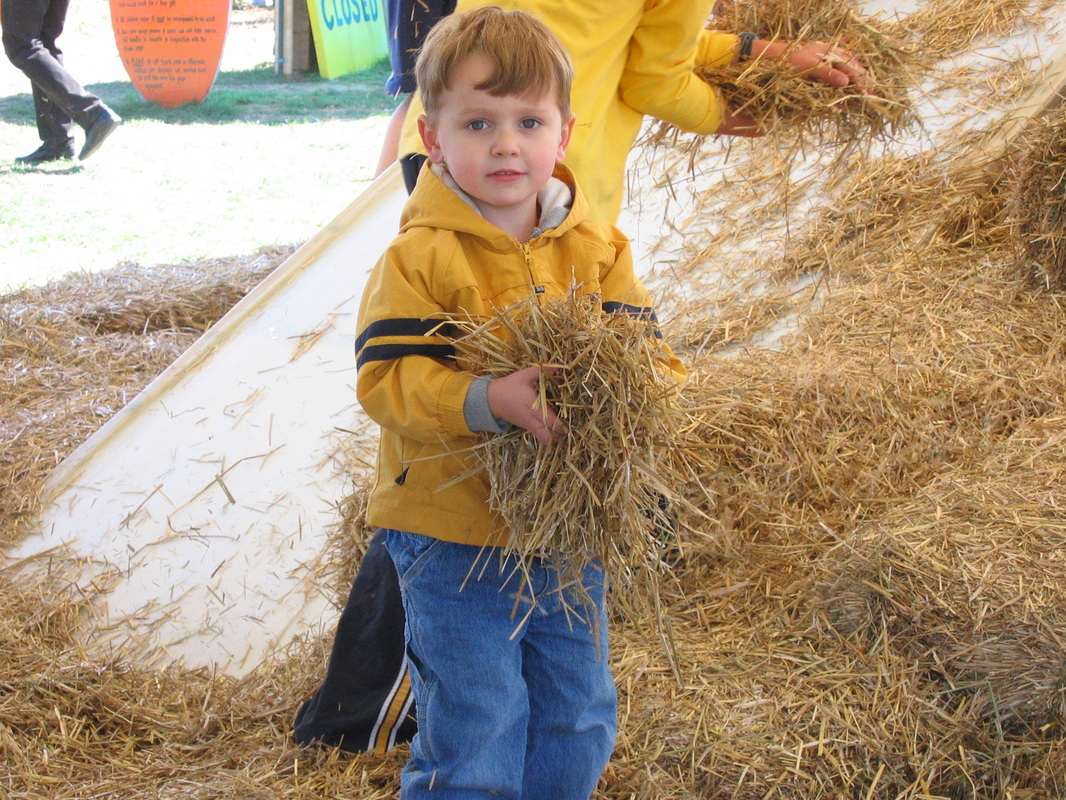
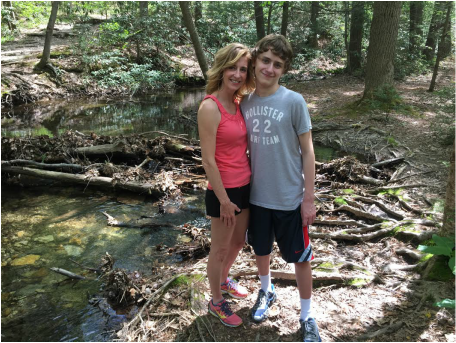
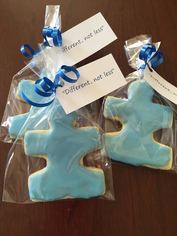
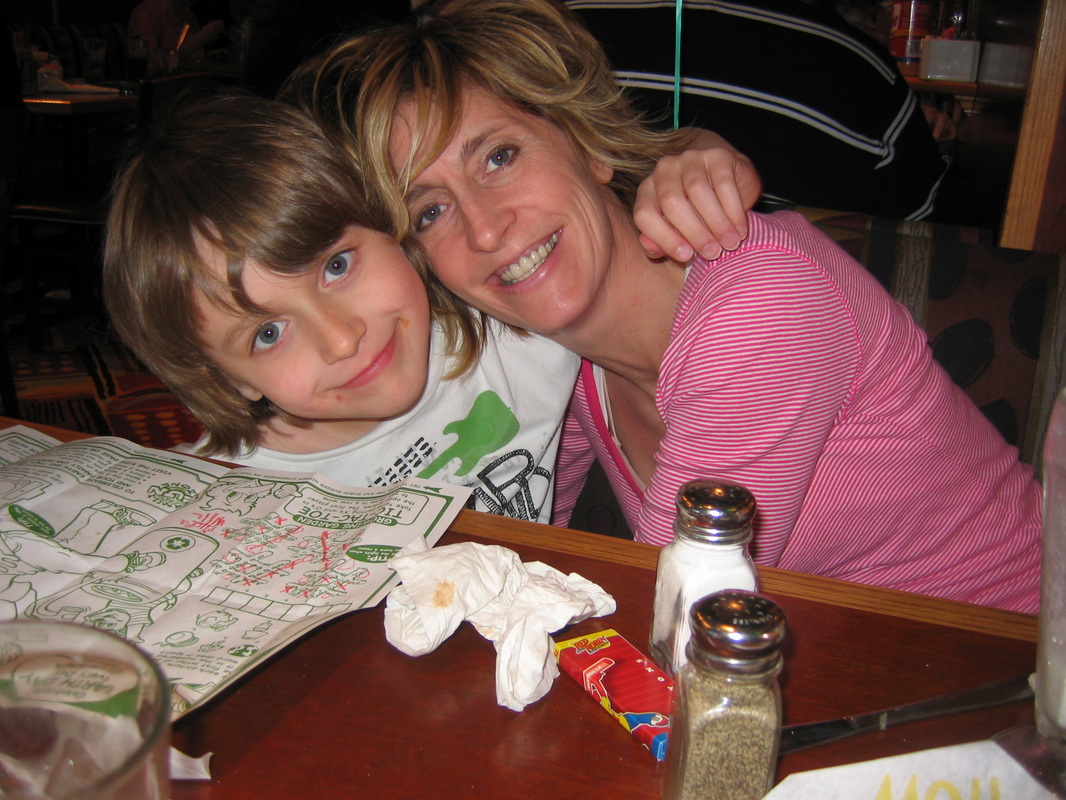
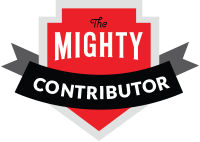

 RSS Feed
RSS Feed
